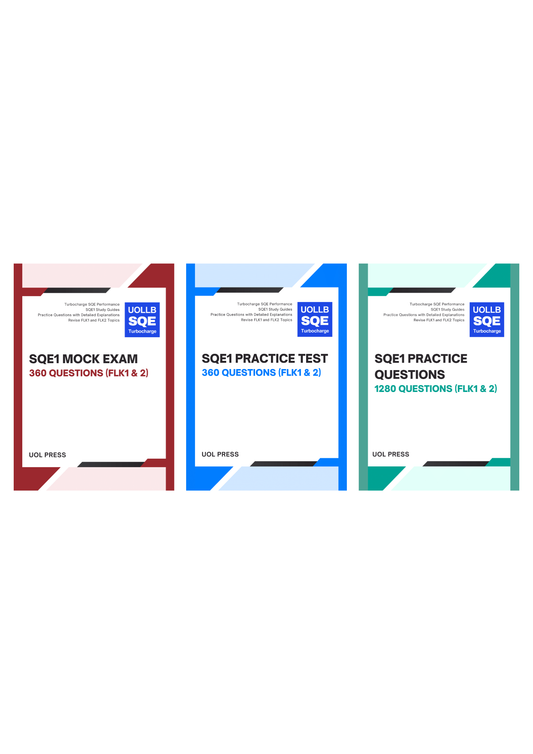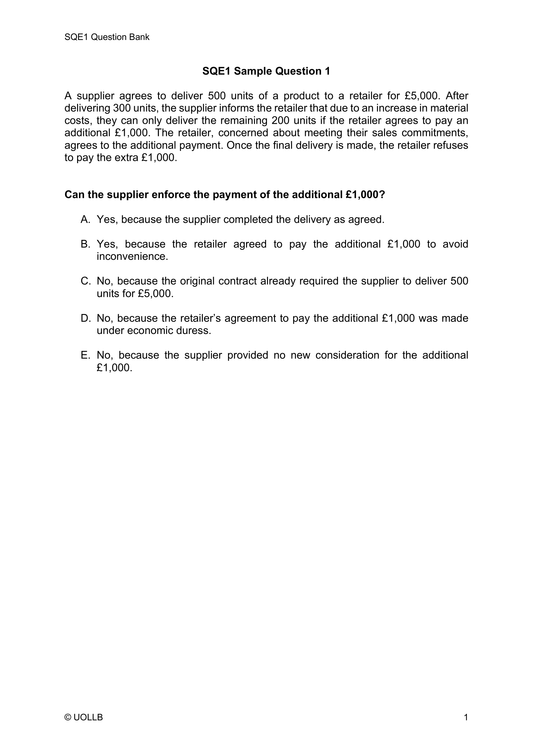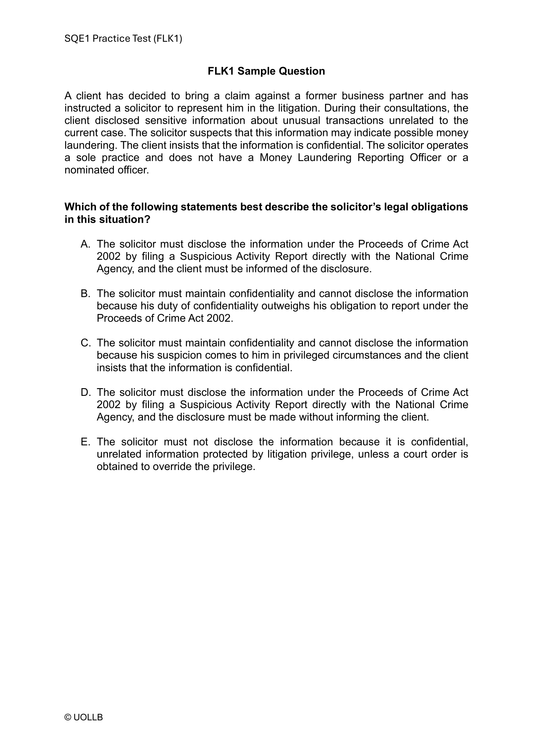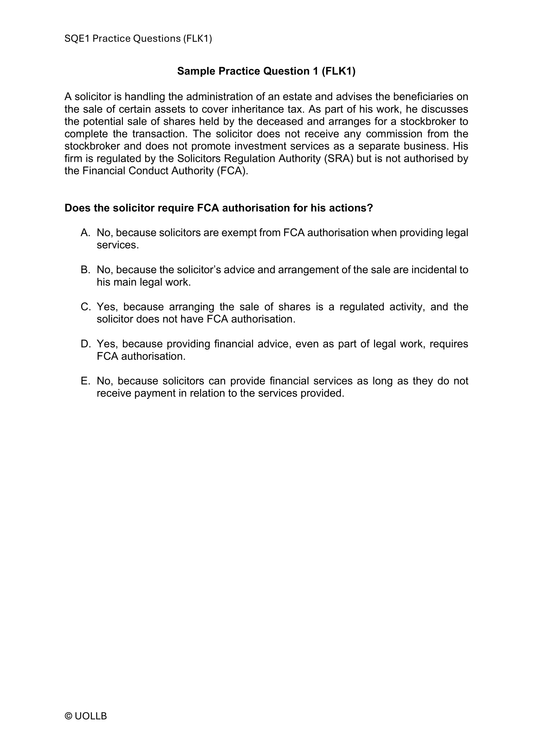Trespass in Tort Law
Share
In tort law, trespass refers to a legal cause of action that allows an individual to seek remedies for the interference with their possession or use of land, property, or personal space. Trespass is a civil wrong or tort that involves the unauthorised intrusion or encroachment onto another person's property or physical space.
Trespass in tort law is broadly categorised into three types:
- Trespass to land: This occurs when a person intentionally enters or remains on someone else's property without permission or a legal right to do so. It includes physically crossing the boundary, entering a building, placing objects on the land, or causing substantial interference with the landowner's possession or use of the property.
- Trespass to chattels: Trespass to chattels involves intentionally interfering with another person's personal property or chattels. It includes wrongfully taking, using, damaging, or depriving the owner of their lawful possession or enjoyment of the property.
- Trespass to the person: Trespass to the person involves intentional and unauthorised acts that directly interfere with an individual's personal integrity or physical well-being. It includes acts such as assault, battery, false imprisonment, and intentional infliction of emotional distress.
When a person commits trespass in any of these forms, the injured party may seek legal remedies. These remedies can include injunctions to prevent future trespass, compensation for damages suffered, and, in some cases, punitive damages.




























































